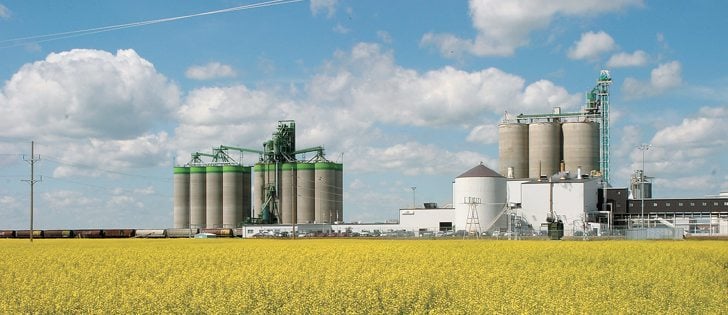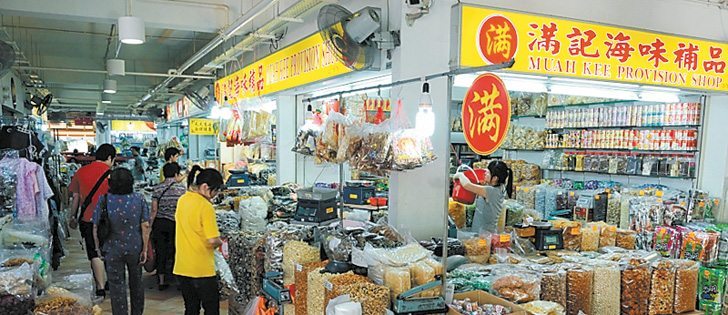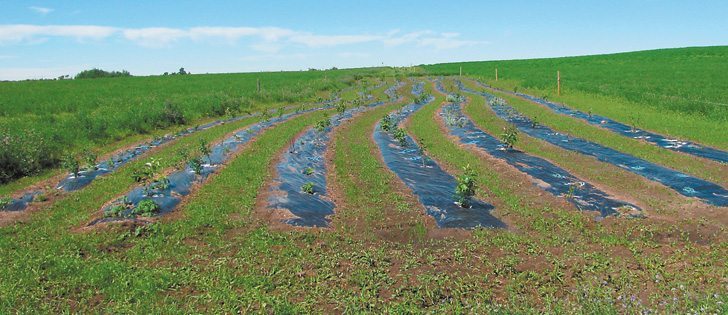Prairie farmers should be safe from China’s slower economic growth, says the chief economist of Export Development Canada.
Peter Hall said China’s troubles that are rattling global investors probably won’t become a crisis, and agricultural imports might see no impact at all.
“It’s usually the most recession-resilient export category that you can find, and while other things might take a hit, that one’s not going to,” he said.
“There definitely is a slowdown going on in China. A lot of it is self-inflicted.”
Read Also

Europe holds promise for Canadian lentils
Pulse Canada is trying to help boost lentil consumption in Europe, which is already the fourth largest market.
It grew at 8.1 percent in the January-March quarter. That would be impressive for most countries but for China, it is a three year low.
China is an important market for Canadian crops and meat.
It is the number one canola customer, a significant consumer of Canadian pork and the main driving force behind the commodity bull market that has driven all commodity prices for the past decade.
Whatever affects China affects commodity prices dramatically.
Analysts and investors have anxiously watched China for most of a year as its economic growth rate slows.
The debate among analysts has been whether China, which has needed to cool off parts of its economy and lower inflation, would be able to pull off a “soft” or “hard” landing.
A soft landing is when economic growth slows or temporarily stops as problems are sorted out and then begins another extended growth period.
A hard landing is when economic growth slumps and new problems are created by financial crisis, as has happened with the United States and Europe since 2008.
China’s growth rate has slowed but not stalled, and Hall thinks it can pull off stabilization tricks that are not possible in most western countries.
“I’d be worried about China if they didn’t have the monetary and fiscal capacity to restimulate their economy,” said Hall.
“If anybody does, they do. They will keep reinitiating stimulus programs as they need it until the world gets back on its feet.”
Hall expects the rest of the world, led by the U.S., to begin the next growth cycle at the end of this year.
Worries about China rattle commodity markets. Some of the recent sell-off in pork prices was attributed to rumours that China was not buying as much pork as expected.
However, export statistics suggest Chinese demand for crops and beef continues unabated.
Global equity and commodity markets have been alternately rattled and reassured recently by a host of Chinese news.
Recent issues include the ouster of a prominent Chinese city leader under suspicion of connection to a British businessperson’s death, the widening of the yuan currency’s trading range and every new statistic that comes out weekly revealing Chinese economic growth and performance.















